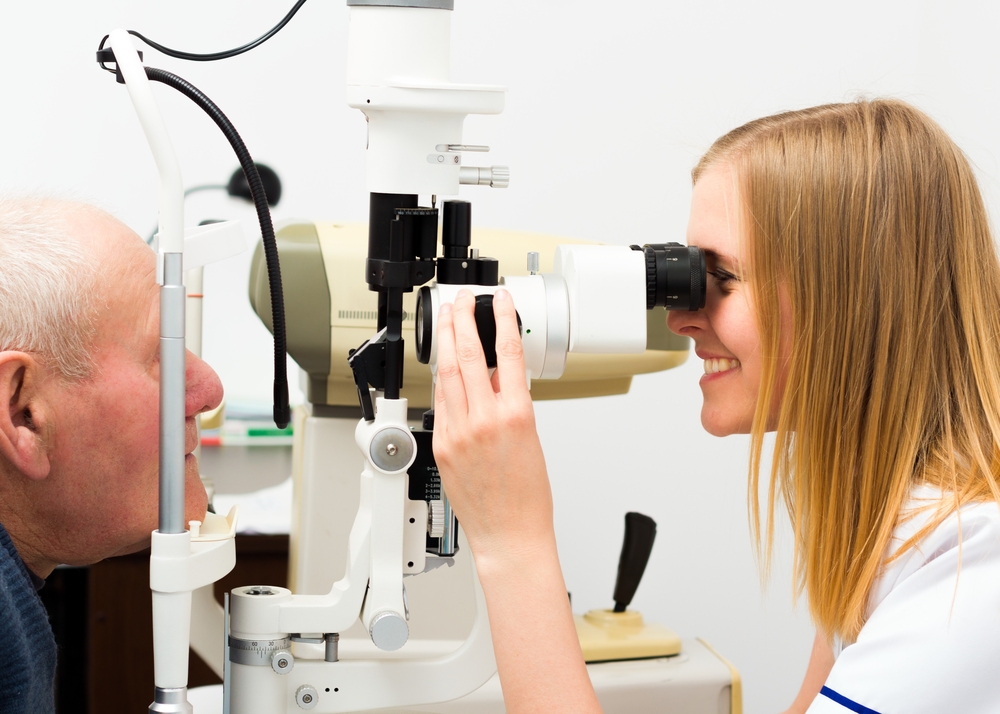Maybe you've heard of commonly known eye diseases like glaucoma or cataracts. One lesser-known disease is keratoconus, or the bulging of the cornea. In this disease, the cornea thins out and bulges forward, causing poor vision for the patient. Here at Family Vision Center LLC, we'll be discussing what keratoconus is and how to treat it.
What is the Cornea?
The cornea is a protective layer that controls the entry of light into the eye. In keratoconus, the cornea changes into an irregular shape that distorts a person's vision. Without proper light refraction, the patient's vision deteriorates. Symptoms of keratoconus come are swelling in the eye, blurred vision, light sensitivity, and glares within the field of vision.
Causes of Keratoconus
Medical scientists have yet to discover the cause of this particular eye disease, but it is strongly linked to environmental and genetic factors. Those with a family history of keratoconus are more likely to develop the disease. It is also prevalent among people with Down's syndrome, Marfan syndrome, Danlos syndrome, and similar genetic conditions. Other risk factors include having hay fever, retinitis pigmentosa, and asthma. Those living in a hot climate are more likely to contract the eye disease.
Treatment Options for Keratoconus
Keratoconus is not a condition that should go untreated. This disease can progress quickly and affect your vision. We recommend that you seek annual eye examinations and treatment for diseases like keratoconus. Your optometrist will design a treatment plan that is appropriate for your situation, depending on the level of severity.
Mild keratoconus can be treated with contact lenses and eyeglasses. With this treatment, the cornea may naturally correct itself over a few years. If the keratoconus progresses into a serious condition, surgery will likely be recommended. A corneal transplant or a corneal insert may be needed to correct an abnormal cornea. Should it come to surgery, your eye doctor will prepare you and go through the procedural steps of the operation.
Frequently Asked Questions About Keratoconus
Keratoconus is an eye condition that is a result of the cornea bulging outwards, affecting the vision. There is no single cause for the development of this disorder, however, there are a number of factors that contribute to the progression of the disease. If you are looking for treatment for keratoconus, come and see our eye doctors at Family Vision Center in Stratford and Bridgeport, CT.

What Are The Symptoms Of Keratoconus?
In the earliest stages, those suffering from this condition may experience some blurry vision. However, this is usually minor enough to not trigger concern. As the disease progresses, people begin to notice an overall lack of clarity and decline in night vision. Other symptoms of keratoconus include:
- Photophobia (sensitivity to light)
- Strained eyes
- Itchiness in the affected eye
The primary symptom associated with this disorder is called monocular polyopia. This condition causes the sufferer to see multiple images, sometimes called ghost images. Due to a deformity on the cornea's surface, light that hits the eye is diffused into patterns that streak and flare across the sufferer's field of vision. Often, scar tissue forms on the surface of the cornea as well, which causes visual similar disruptions.
What Are The Causes Of Keratoconus?
There is no single known cause for this condition. However, there are some factors that impact the development of the disease. This includes:
- Genetics
- Excessive UV rays exposure
- Constant eye rubbing
- Improper use of contact lenses
How Is Keratoconus Diagnosed?
An eye exam conducted by your eye doctor can diagnose keratoconus. A bright light held close to your eye allows the doctor to see beneath the cornea's surface. Your optometrist can then see the shape of the cornea. A cone-like shape indicates a positive diagnosis.
How Is Keratoconus Treated?
In the initial stages, the changes in vision are treated with corrective lenses. Glasses or contact lenses help correct the light diffusion and restore proper vision. Special lenses are available to alleviate night vision issues as well.
For more advanced cases, surgery may be a corrective option. Some of the most effective surgical interventions include:
- A corneal transplant replaces a damaged cornea with a healthy, donated tissue.
- Corneal ring implants reshapes the cornea to improve vision.
- Radical keratotomy, like LASIK, serves to reshape the cornea without the aid of an implanted device.
Talk to your eye care specialist if you are experiencing any of the symptoms of this disease. Your optometrist can help you decide which treatment option is best for you.
Optometry Care in Bridgeport and Stratford
Family Vision Center is an eye care clinic serving Bridgeport, Stratford, and surrounding areas. Our eye health specialists are equipped to diagnose and treat a great number of eye conditions, including keratoconus. We can design a health care plan that is best suited for your needs. Give the Family Vision Center a call at (203) 377-2020 (Stratford) or (203) 333-2020 (Bridgeport) to schedule an appointment.

